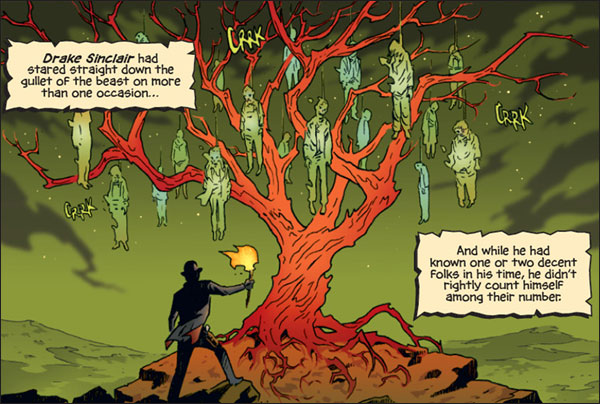Jesus went to some kinky parties. Let us just be real about this. Jesus went to parties where paid sex workers were provided to those in attendance... erotic dancers... strippers... there was indeed sex going on in the champagne room. He also seemed to like the people he met there and they liked him. He raised Matthew up from their number to be a disciple. When a woman washed his feet with precious perfume, probably acquired from a kinky john, he rejoiced. Both acts of praising the kinky and admonishing the vanilla, commonly translated righteous, individuals with whom he interacted.
Now the common interpretation of all this is that Jesus did not have to work as much with the vanillas of the world. They already had a good thing going, he had to hang out with the kinky ones because they were the ones that needed him more... the vanillas were already safe. But considering how much of the Gospels Jesus spends admonishing the vanilla people around him... well my thought is that there is something more to it than that. I think Jesus actually found more places of resonance with the kinky segments of society. I believe in a Kinky Jesus.

This does not mean I think Jesus had a lot of kinky sex. I think this means that Jesus found that the honesty, transparency, and bluntness about who they were, what made them tick, and what they were after in the midst of working with kinky people to be a place where actual relationships could be built from the ground up. It was the basic concept of Jesus shows up at a kinky party, acts all chill, explains he is straight edge when offered sex and drugs, and everyone around him respects that. Jesus respects them, as they engage in sex, drugs, and rock and roll, and in the midst of that begins to build worthwhile relationships with them.
The key term there is "worthwhile relationships" and this is a very different reality than befriending someone to change their behavior. Jesus was there because these were people who longed for worthwhile relationships and he wanted to build worthwhile relationships with them. This is why we do not have people coming up to Jesus and giving thanks for his teaching them to wash their hands in the right ritual fashion at a dinner party, but breaking expensive oil on his feet and washing it with tears in an inherently kinky way that overwhelmingly upsets the vanilla, righteous, individuals in the room.

The deal is that righteous dinner parties, those done by the vanilla people, were not really righteous. They depended on such things as ritualized hand washing to even occur. Jesus and his disciples get dissed by the righteous for their lack of keeping up ritual hand washing. If being able to engage in a righteous party, build relationships with the vanilla people, required being able to first prove oneself clean and good enough to be in an honest relationship with them, by properly washing one's hands... no wonder Jesus wandered down the street to a kinky party. To a place where people were actually longing to enter into honest, awkward, but worthwhile relationships not keeping up appearances.
When I say I believe in Kinky Jesus that is what I am getting at. I believe in the Jesus that was much more interested in meeting people in the midst of our awkward, weird, bumbling ways... kinked and fetished as they may or may not be... and having real relationships with us in the midst of whatever than anything else. That being in the midst of those relationships is more important than society at large considering you vanilla, righteous, or kinky, sinful. That if one is caught up with maintaining one's credentials as a righteous vanilla person that such actions will consistently cut one off from worthwhile meaningful relationships with others around you. That, in the end, it is better to be construed as a kinky sinner, in the midst of worthwhile relationships, than maintain oneself as a righteous vanilla and have mutual righteousness be a condition for any relationship to happen.








